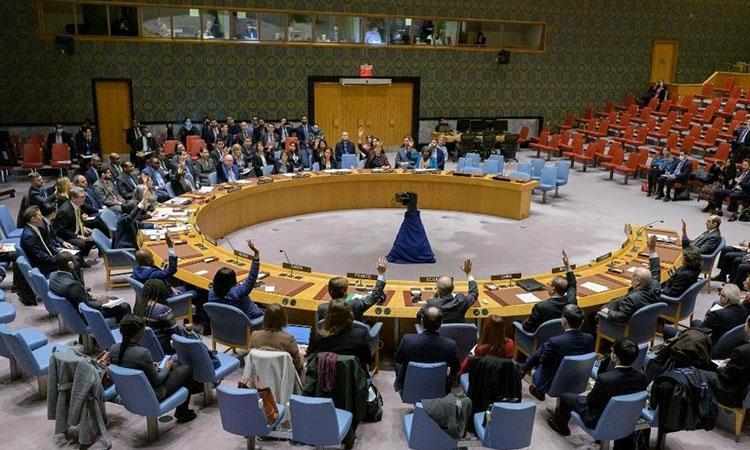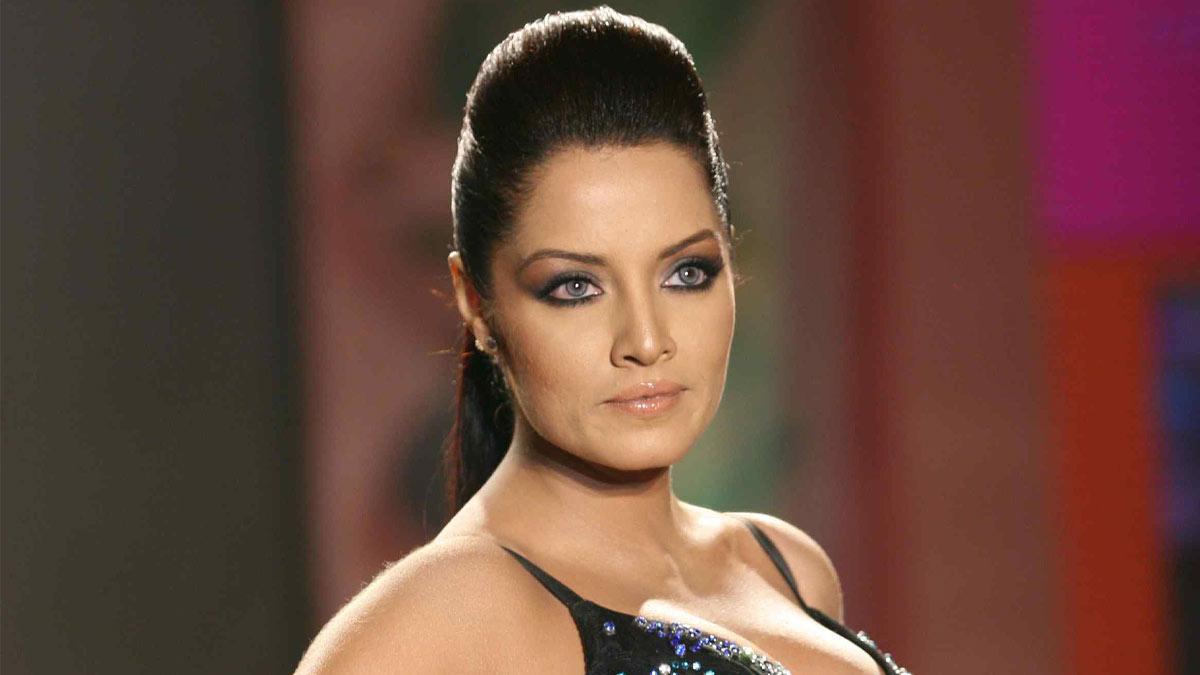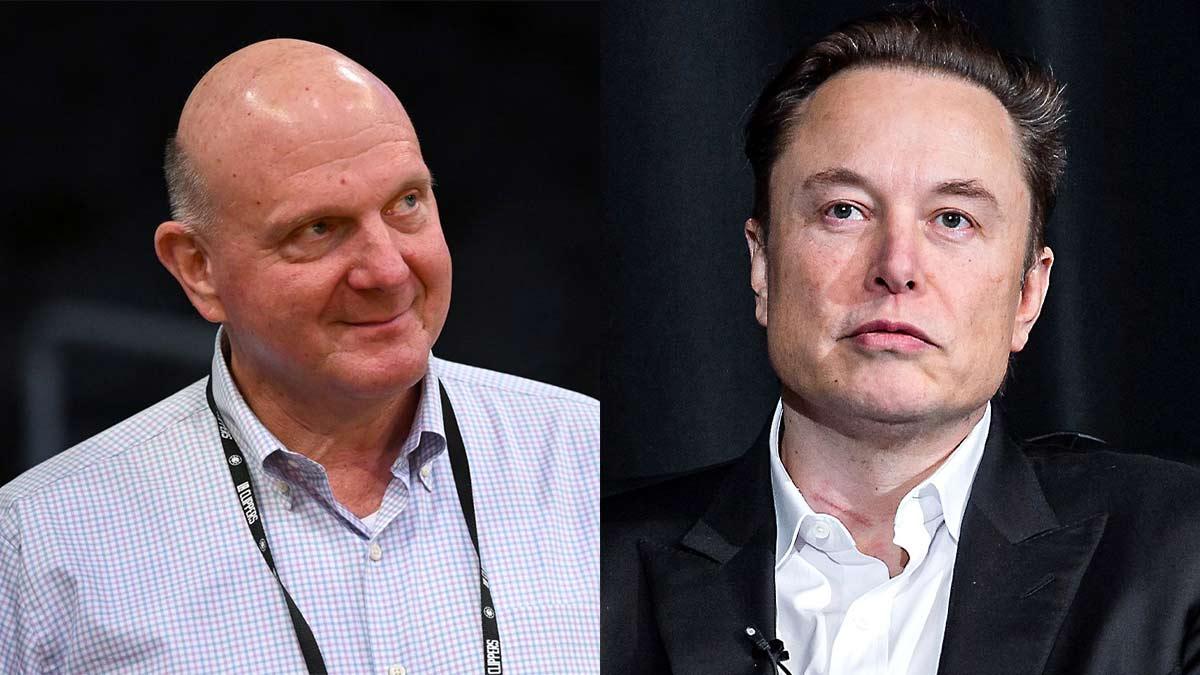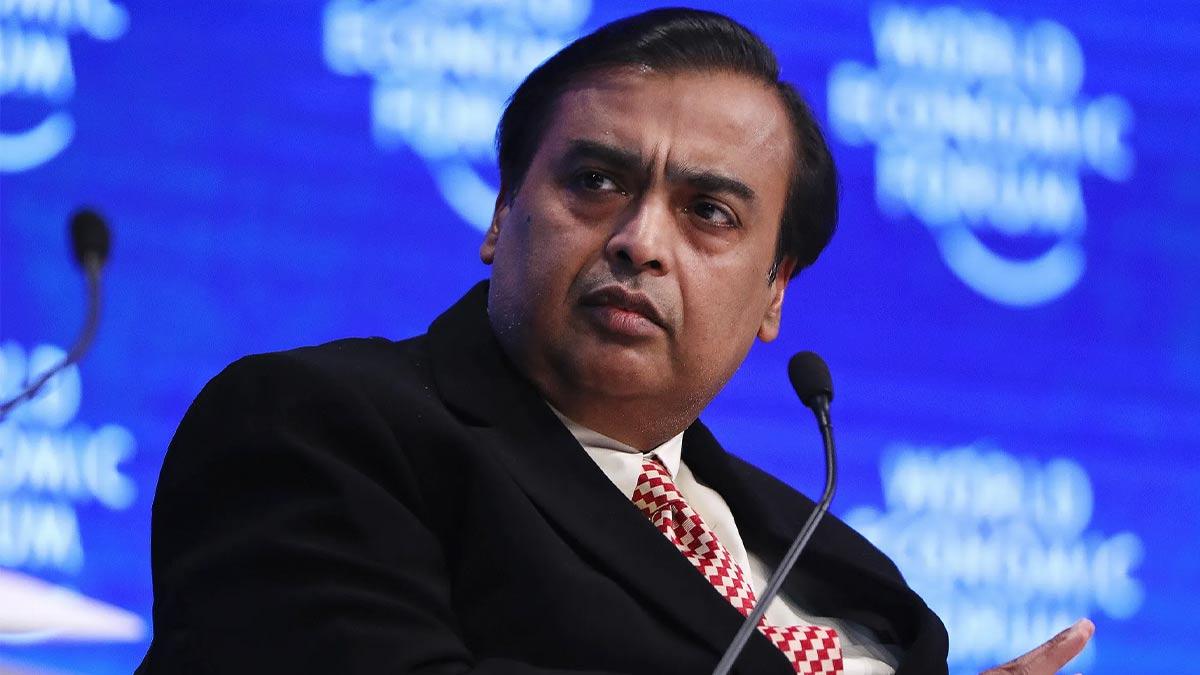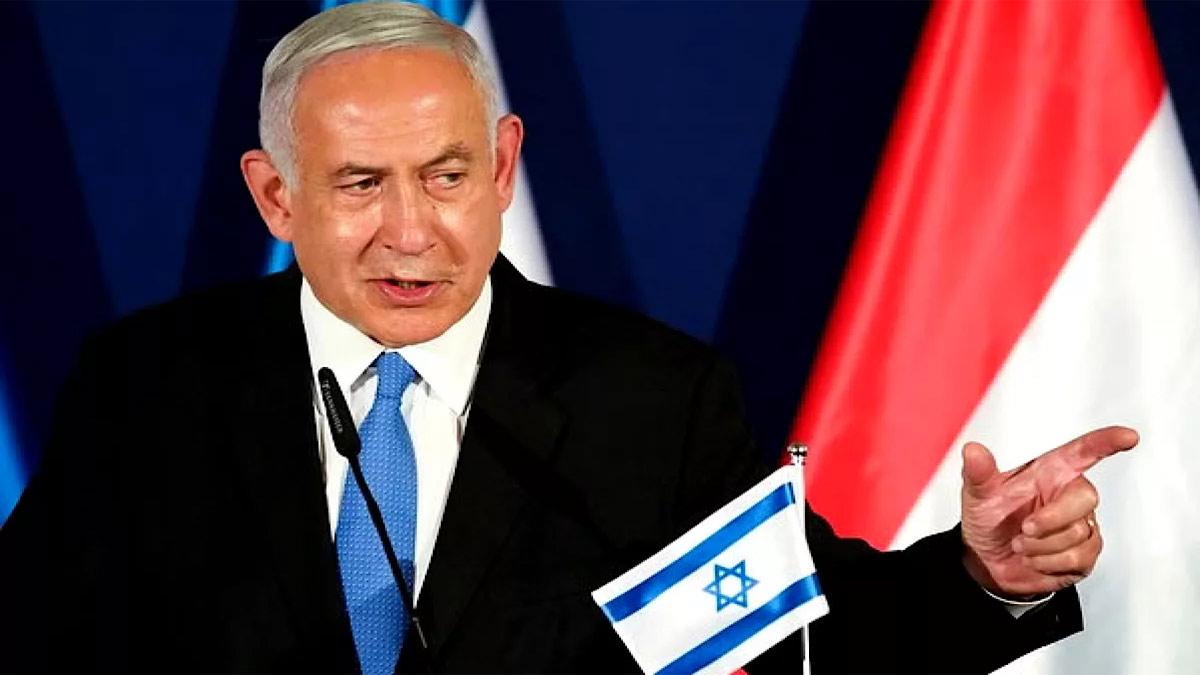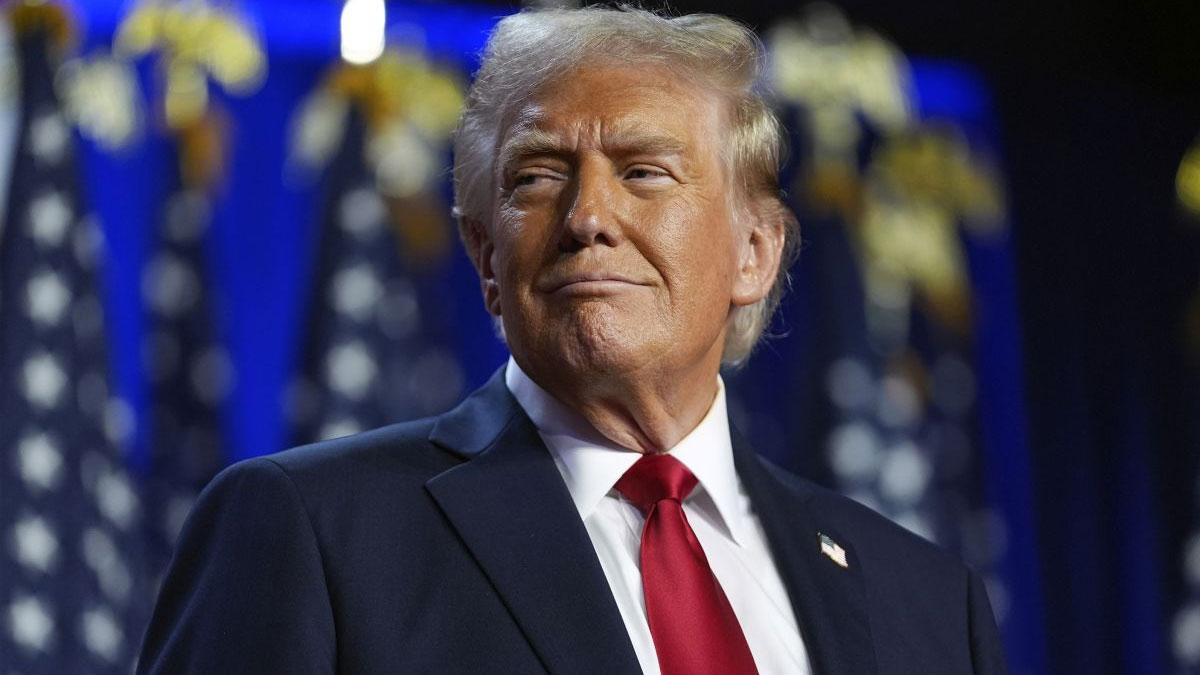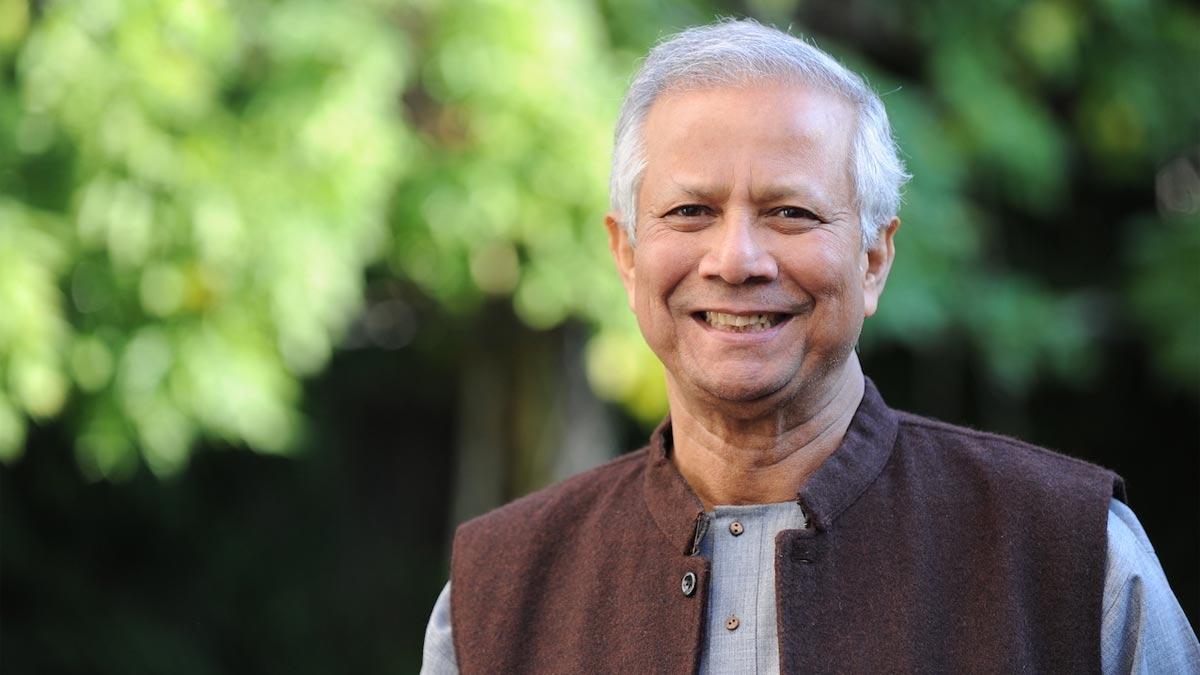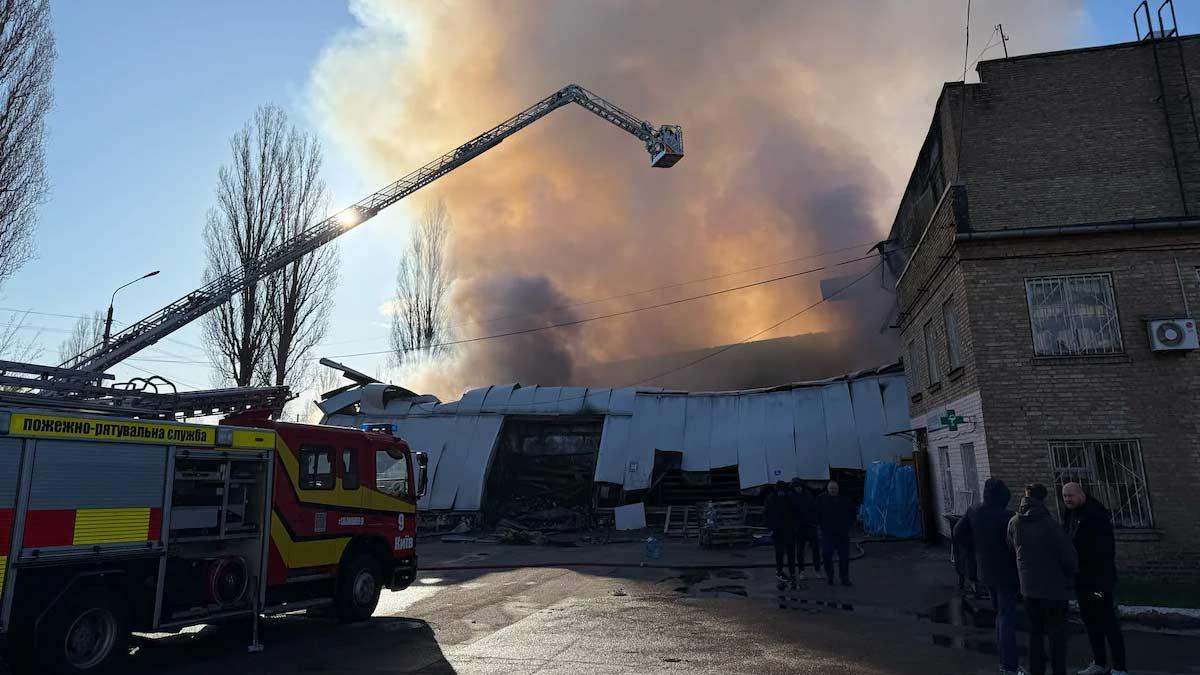The organisation formed to save the world "from the scourge of war" helplessly watches the brutal war in Ukraine launched by one of the permanent members of the Security Council that is charged with stopping violations of the UN Charter, even through force.
Ukraine’s President Volodymyr Zelensky put his finger on the problem: "The veto in the hands of the aggressor is what drove the UN into a dead end."
Meanwhile, the one achievement of the UN, a deal to allow the export of foodgrains from Ukraine to a needy world, lies in shambles after Russia in July backed out of what is known as the Black Sea Initiative (BSI).
After two vetoes by Russia last year, the Security Council has given up on taking up any more measures on Ukraine – there has been none since Moscow shot down a resolution in September last year.
Zelensky told the Security Council last month of the many years of efforts to reform the UN: "The use of the veto is what needs reform, and this could be a key reform."
But that is not going to happen because neither the three Western permanent members, the US, Britain and France, nor China would countenance a dilution of their power.
Ukraine also makes the audacious suggestion based on a literal reading of the unamended UN Charter that Russia does not have a place on the Security Council because it says the seat is for "the Union of Soviet Socialist Republics" of which Ukraine was a part.
(At the dissolution of the Soviet Union, the seat passed on to Russia without any serious objections. Beijing occupies the seat for the "Republic of China", which is Taiwan's official name. )
Under the circumstances, there is no avenue open for the UN to stop wars unless there is a consensus among the permanent members.
The General Assembly that represents all the UN members has moved to make the permanent members answer for their vetoes by requiring them to defend their action – but ultimately it can’t force them to change their stance.
It has taken up the Ukraine war and condemned Russia’s invasion with significant majorities but has no way to enforce its demand.
In the latest instance, in the General Assembly of 193 members, 141 members voted on the February resolution demanding that Russia "immediately, completely and unconditionally withdraw all of its military forces from the territory of Ukraine" and called for a cessation of hostilities.
A majority of Latin American, African, and Asian countries voted for the resolution, although the abstentions were almost all from the countries of the South.
Only seven voted against it and India and China joined 30 other countries in abstaining on the vote.
(It also showed the limits to what China’s President Xi Jinping called "friendship without limits".)
There are no vetoes in the General Assembly, but it also has no teeth: Its resolutions are only pablums and, at best, a moral statement that would have no effect on Russia while showing the world the dominant sentiment.
The Assembly can impose some relatively lenient penalties, but on those resolutions, the votes fall off as many countries don’t want to take their condemnation to the next level.
In November, only 94 countries backed a resolution to set up a register of the damages caused by Russia in Ukraine which could be the basis for assessing reparations; 14 voted against it and 73 abstained, India among them.
Only 93 countries voted in April last year to oust Russia from the UN Human Rights Council; votes against rose to 24, with 58 abstentions that included India.
(Moscow is making another bid next week to enter the Human Rights Council.)
The BSI was launched last year after Secretary General Antonio Guterres brokered a deal with Ukraine and Russia to allow foodgrain and agricultural exports through the Black Sea naval war zone with Turkiye facilitating it.
The BSI crisis arose because Moscow trying to leverage the BSI crisis to slacken the sanctions imposed by the West pulled out of it in July and has come up with a slew of demands to allow the exports to resume.
Moscow says that the various sanctions imposed by the West made finding insurance for ships carrying its food exports difficult.
It has demanded lifting the sanctions on Russian companies in the agriculture and fertiliser sectors and on the export of agricultural equipment to Russia.
Hammered by sanctions against banking, Russia also wanted the restrictions on the Russian Agricultural Bank lifted so it could be paid for its own exports.
Guterres promised Russia’s Foreign Minister Sergey Lavrov that the bank’s subsidiary, the Luxembourg-based RSHB Capital, would get access to the international money transfer system used by banks that is known as SWIFT.
So far, there is no real role for the UN in the Ukraine war – and unlikely in the future – with even the modest BSI endeavour failing.
The UN’s agenda for peace will continue to be restricted to the Global South or to the weaker European states in the Balkans.
Even in those cases, it all depends on the magnanimity of the five veto-wielders: The recent vote to allow the deployment of a Kenya-led international force outside the UN got through only because of grumpy China and Russia abstained while the continuation of entry points for relief to Syrian territories was vetoed by Russia.
ALSO READ | Washington's turmoil over Ukraine funding plays right into Putin's hands
ALSO READ | Emboldened Putin predicts 'gradual collapse' of dollar-based financial system

